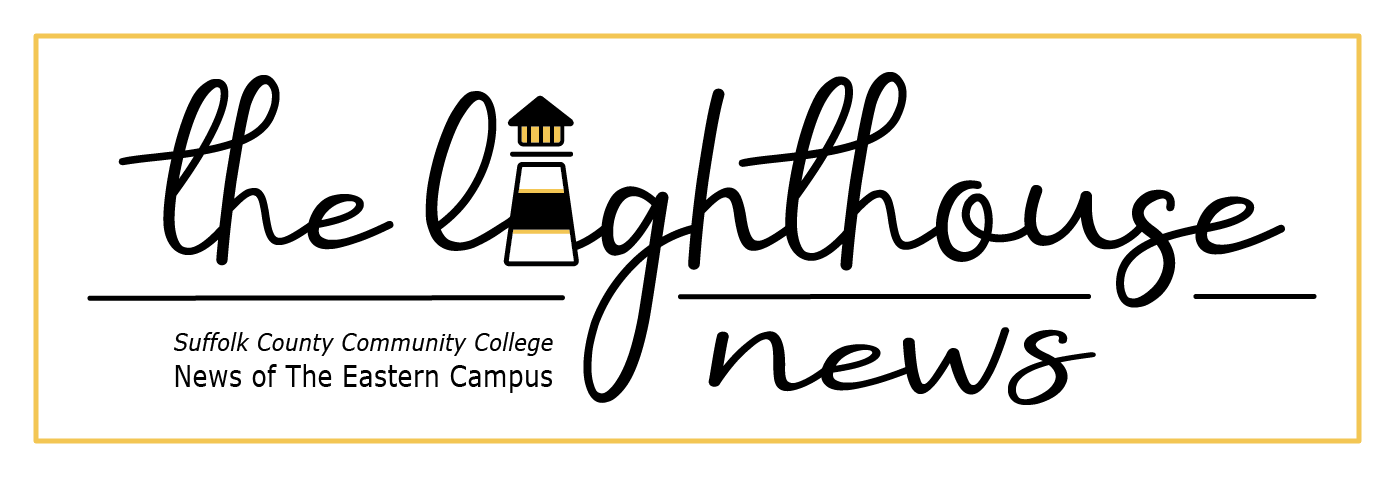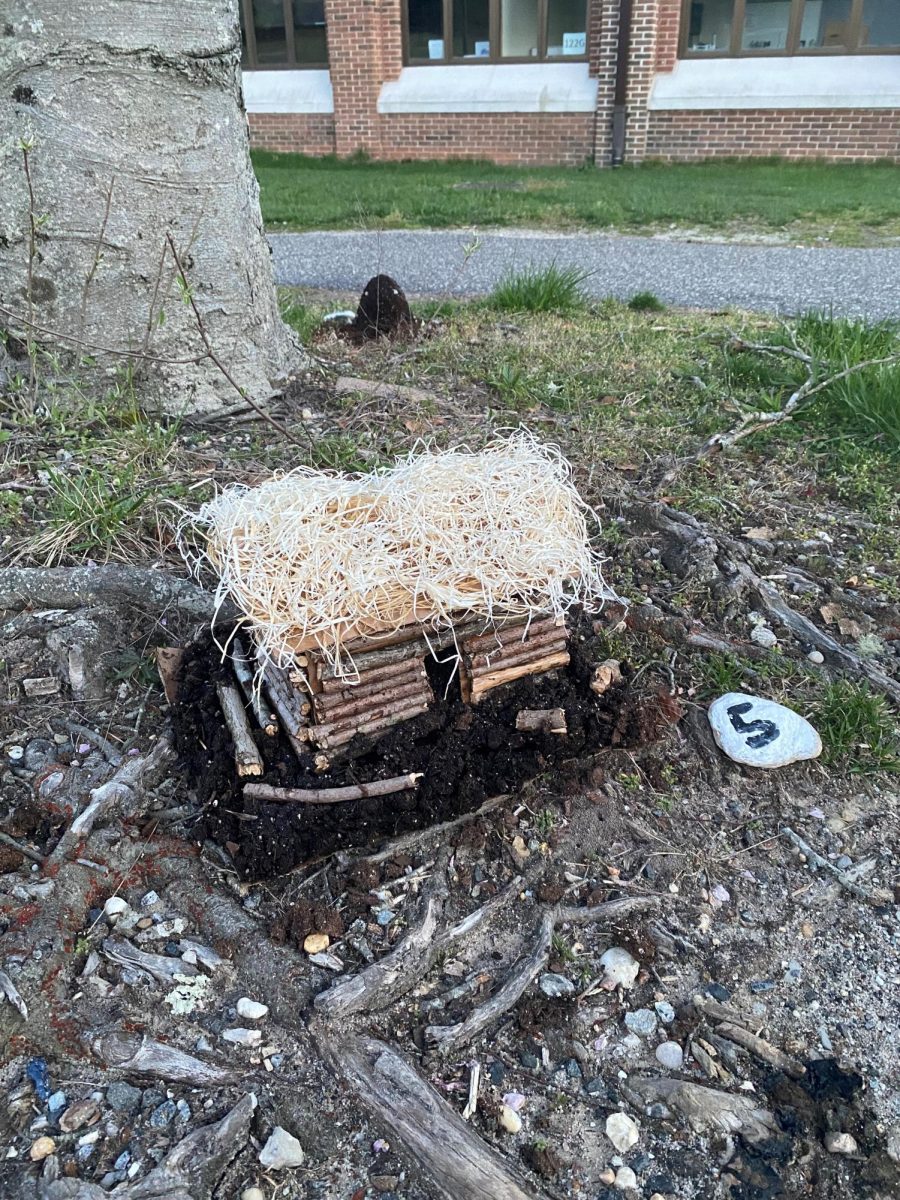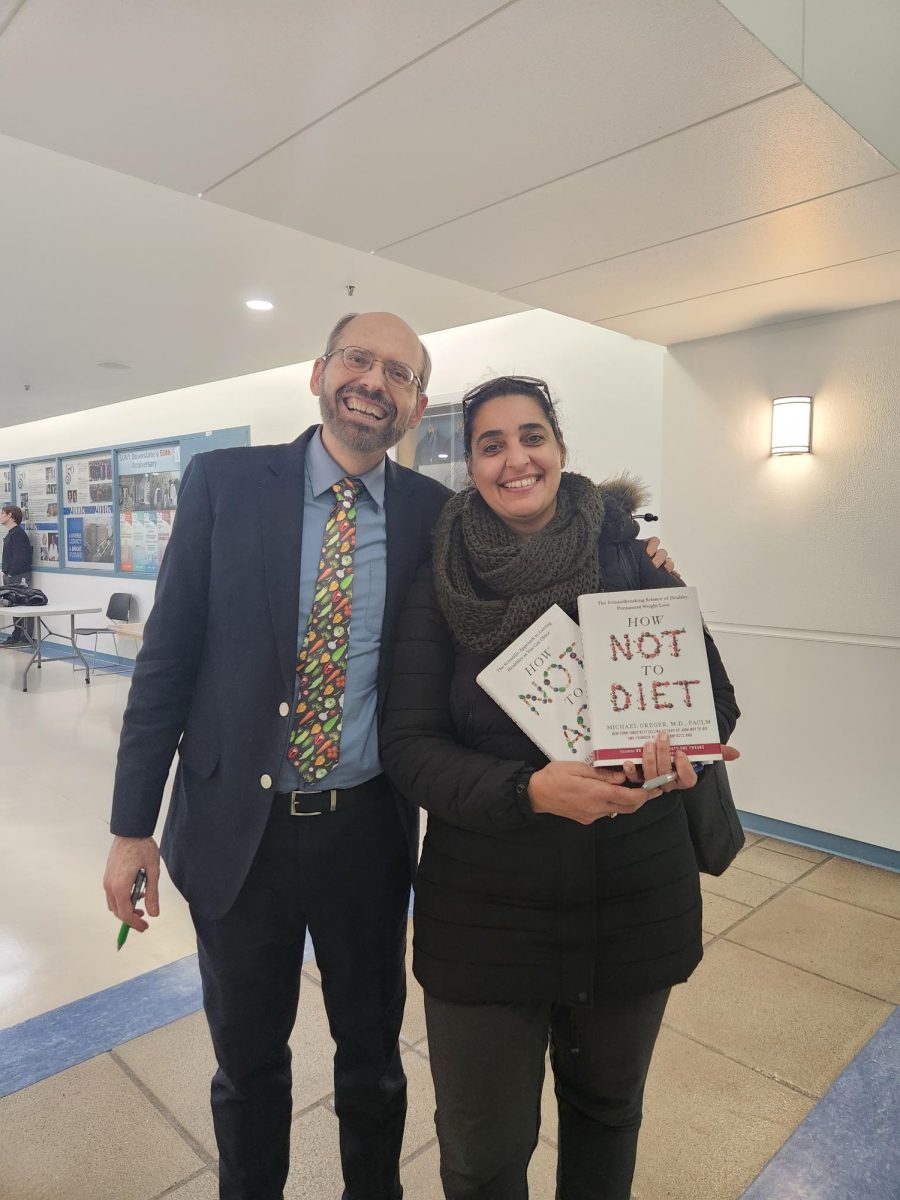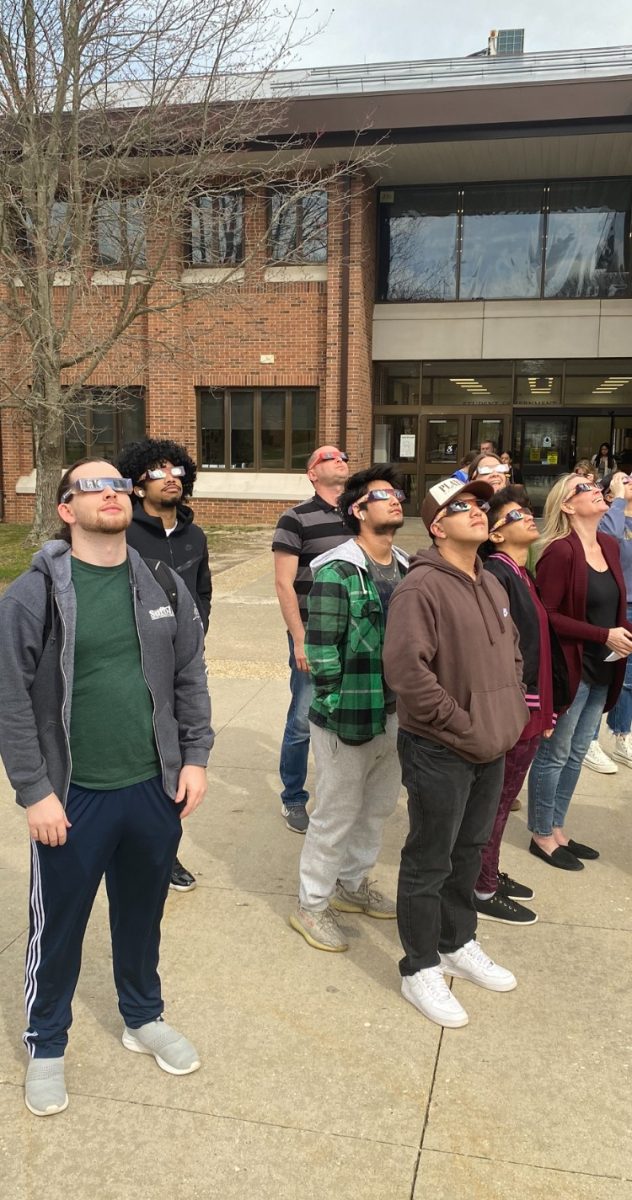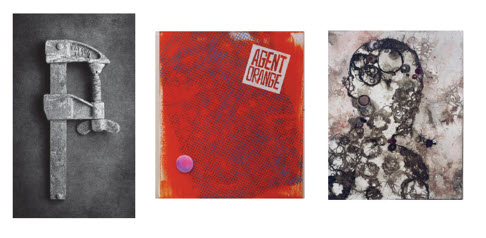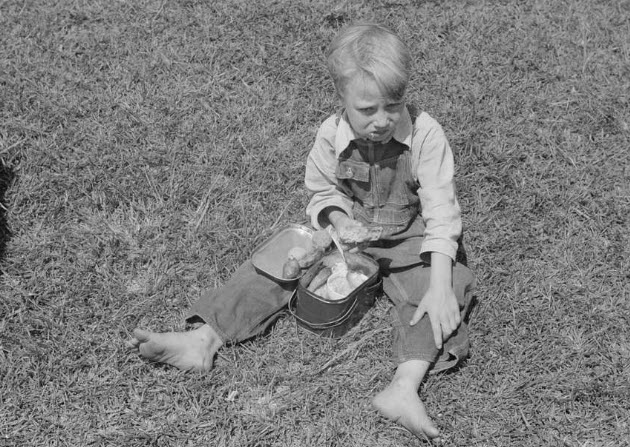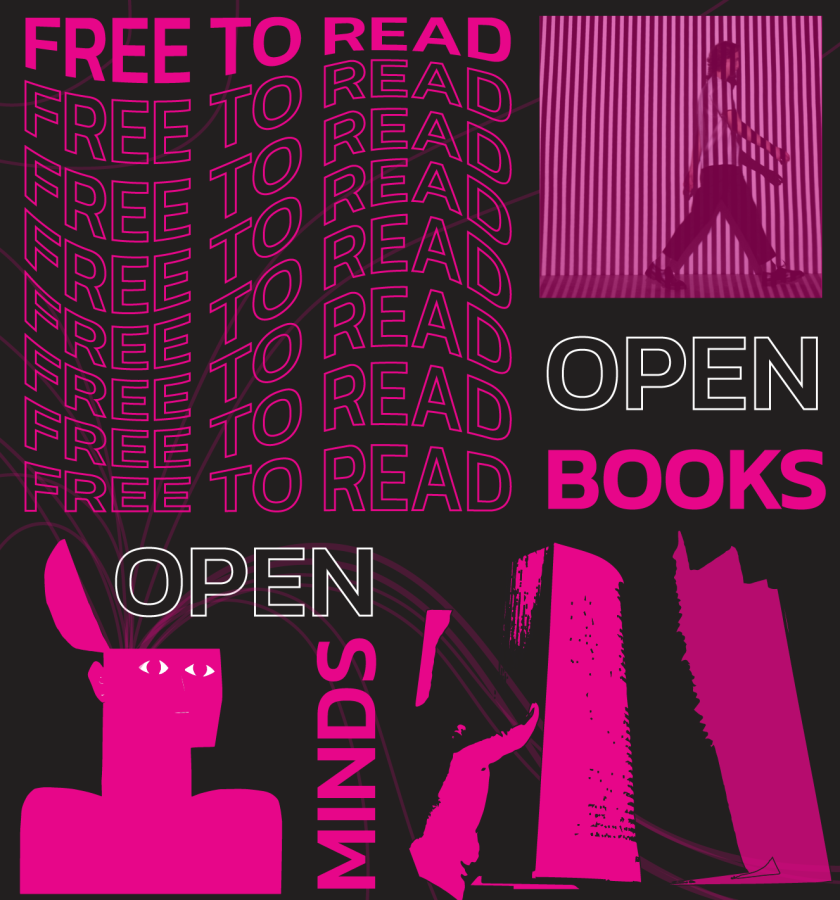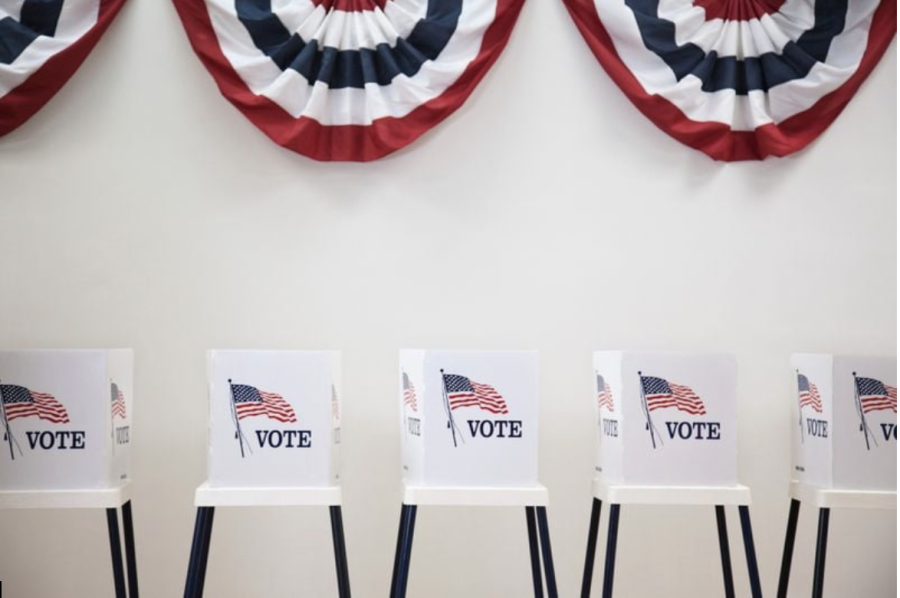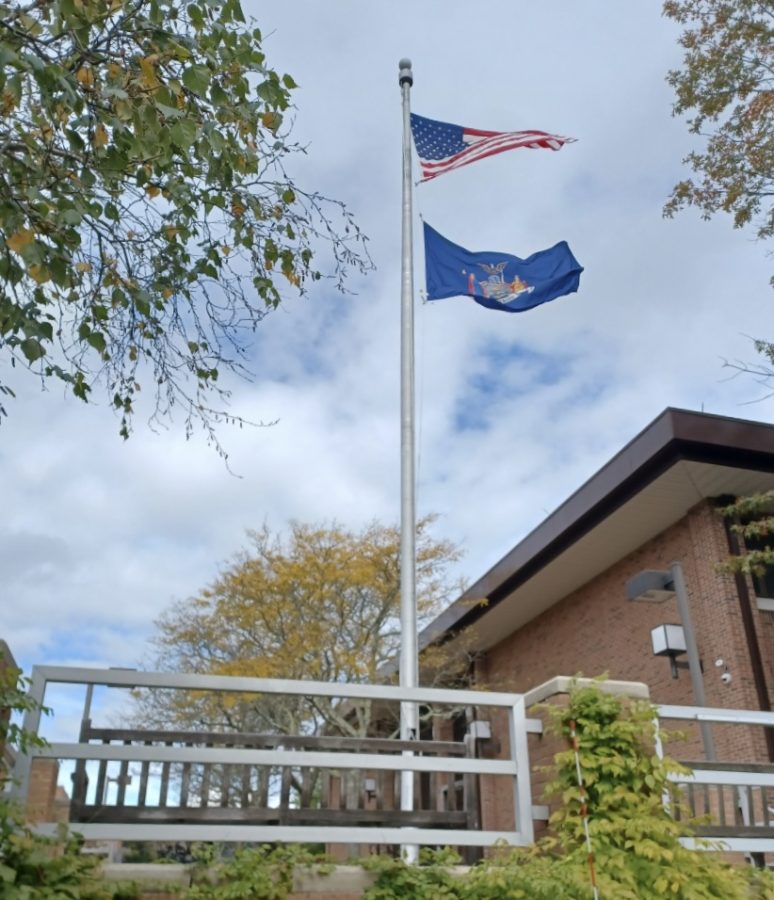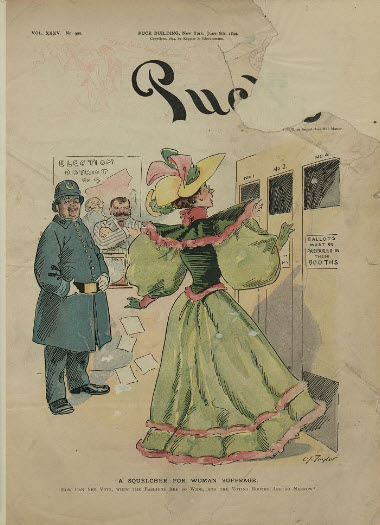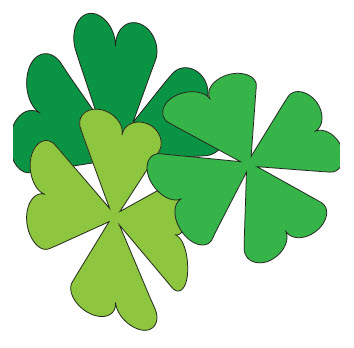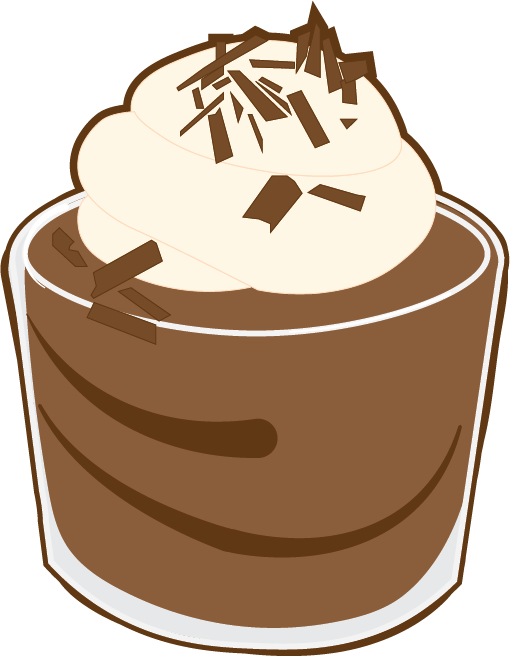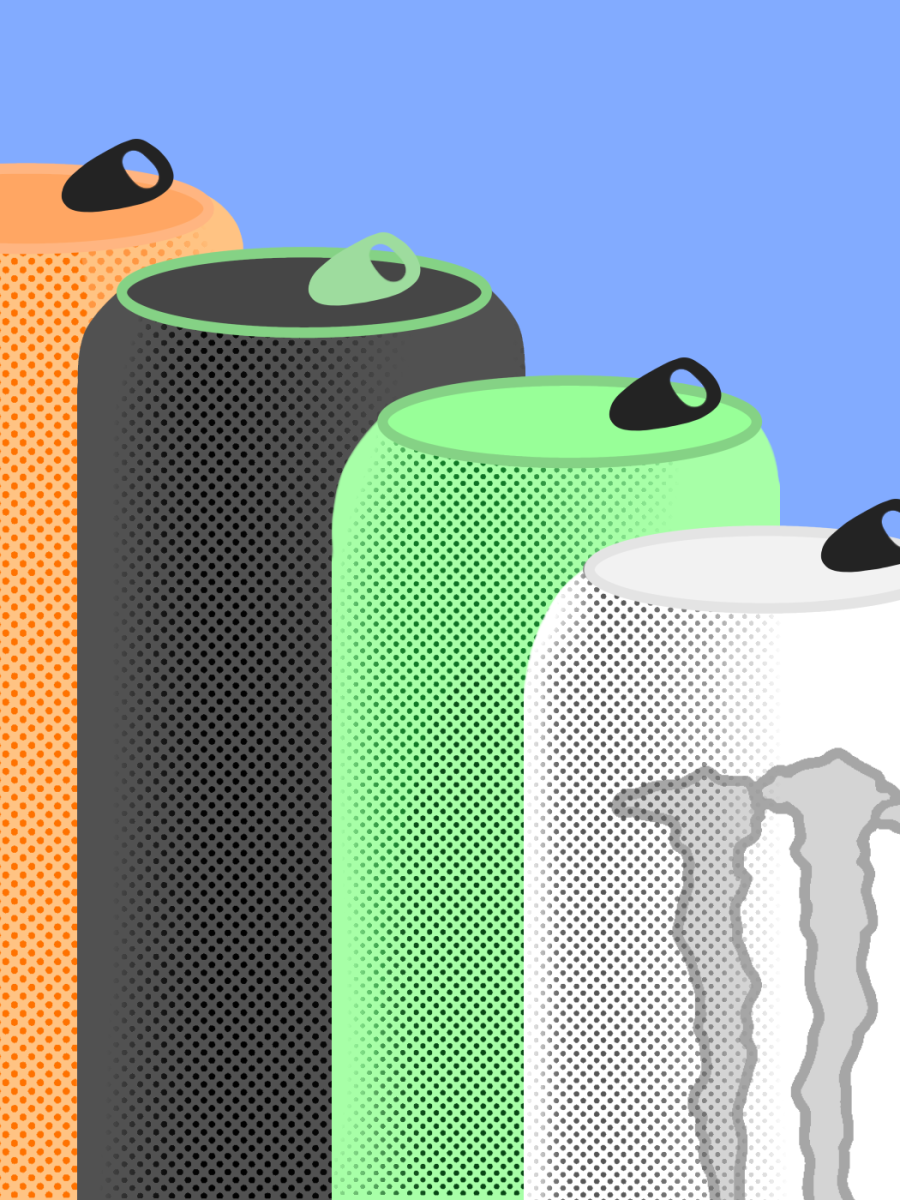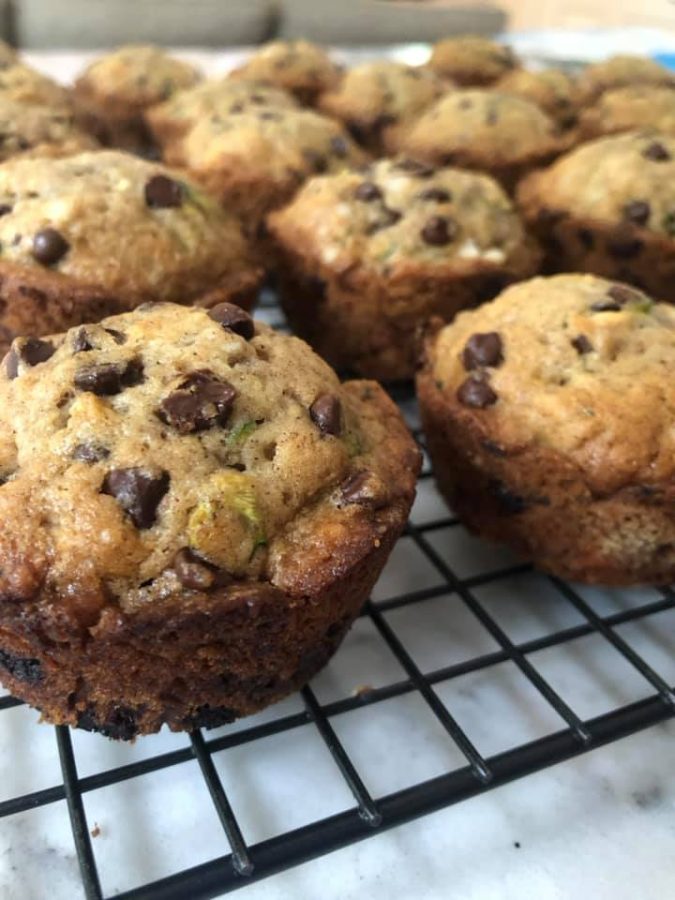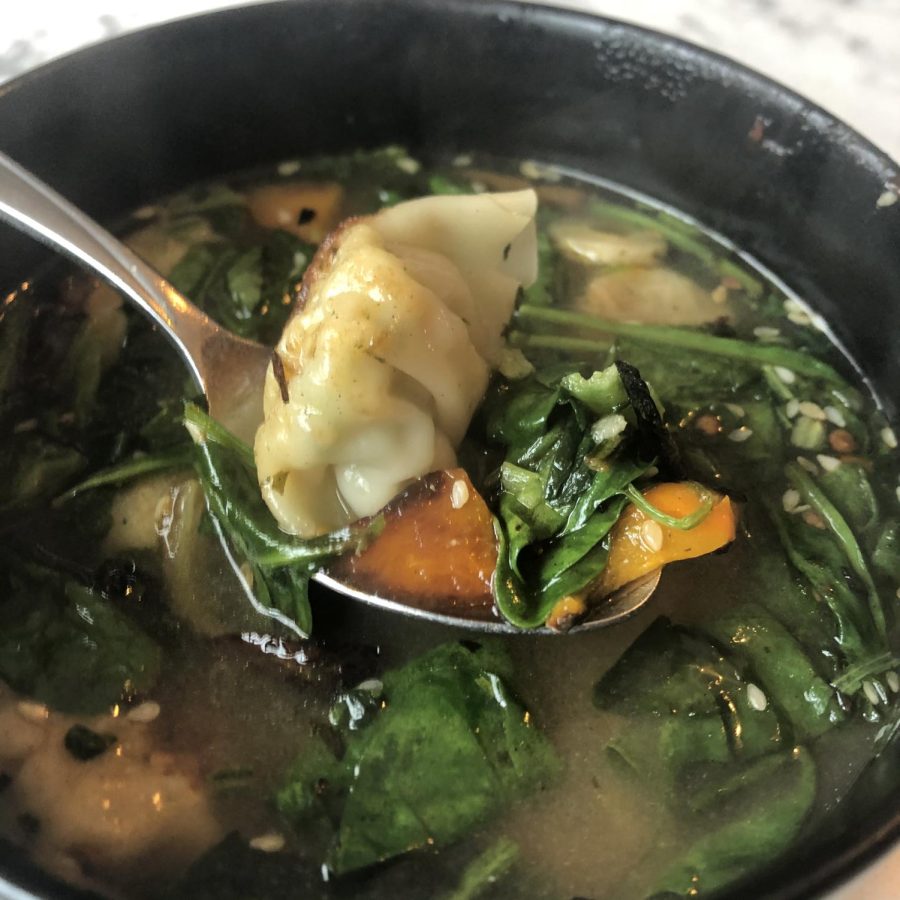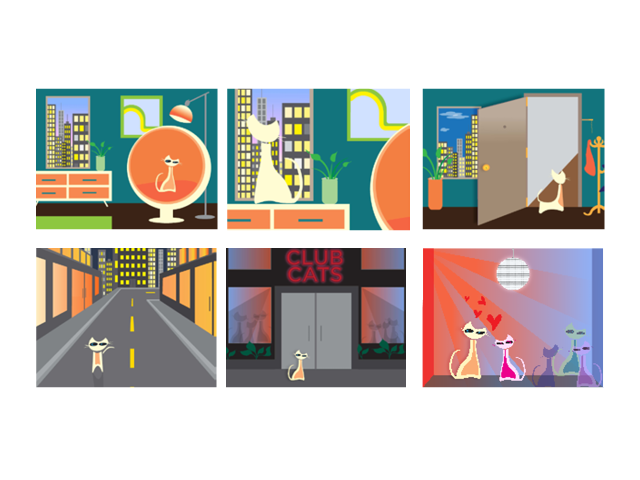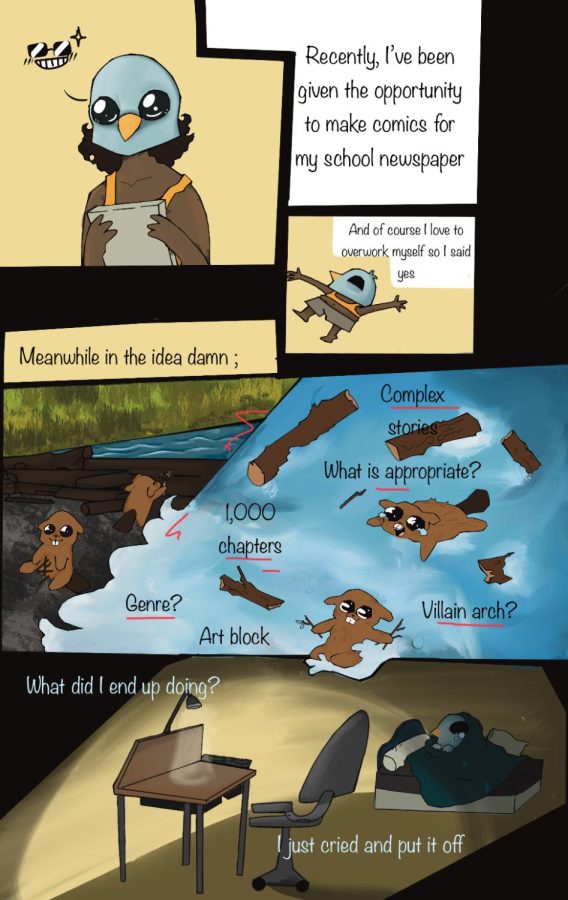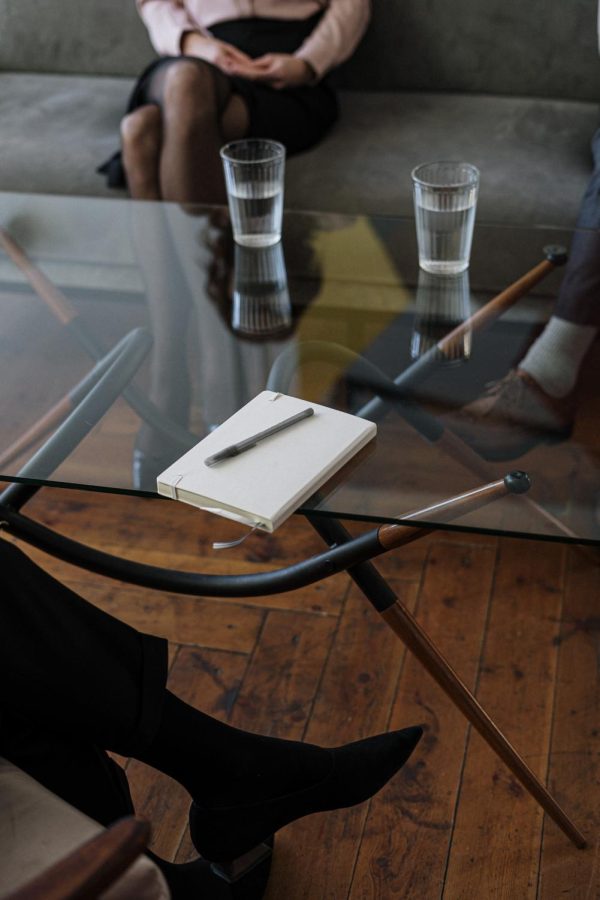Psychologists and Doctors are Not The Enemies
March 8, 2022
Teenage patients in rehabilitation often believe that doctors and psychologists are not helpful and resist opening up to them. I think teenagers should find an outlet or person to open up to because they will feel more supported, learn new coping mechanisms, and not feel the need to rebel against doctors and psychologists.
With any mental health condition or substance/alcohol abuse, I’ve learned that having a “support team” is crucial and is key to recovery. This doesn’t always have to be round-the-clock doctors, but it can be friends that are going through the same situation as yourself or a positive individual in your life.
For not only teenagers but adults, to admit that one has a problem and to ask for help is not easy. I went to a smaller school, and it left very little room for me to avoid the toxic behavior that would occur daily. One of the objectives of recovery is to let you get back to your life, but I did not want to go back to that life.
I remember being in my treatment center and not wanting to participate in any therapy sessions, CBT/DBT assignments, and diary entries because it made me feel like I was in control and didn’t have to disappoint anyone else. CBT (cognitive behavioral therapy) is known as “talk therapy,” but it is about more than identifying thought patterns; it is focused on using a wide range of strategies to help people overcome these thoughts. Techniques may include journaling, role-playing, relaxation techniques, and mental distractions.
There are three techniques in DBT, which consist of group therapy, phone therapy, and individual therapy. The primary goals of using DBT correctly are teaching people how to be present at the moment, developing healthy ways to cope with stress, regulating their emotions, and improving their relationships with others.
Coping mechanisms and different forms of therapy don’t always require talking. Instead, there are creative therapy options such as music and art therapy. Some patients feel more drawn to creative therapies than talk therapies because they feel that it is a safer outlet that does not feel as threatening as a direct individual therapy would feel. Some positive effects of this kind of therapy are lower blood pressure, self-reflection, increased motivation, and increased joy.
In my experience, the most impactful therapy I was successful in was music therapy. I learned how to express the emotions and anxieties I was going through by writing songs and teaching myself how to play guitar. If I didn’t find motivation through music, I don’t think I would be where I am now.
For some, doctors and therapists can be uncomfortable or overwhelming at times, which is understanding because their job is to ask a variety of very personal questions. But these questions are only asked so that they know how to treat their patients the best way.
Doctors and therapists are there to help their patients, and these types of therapies are meant to improve patients in their treatment successfully. It is not easy to admit to a problem or addiction, and it takes time and patience. There are many times I wanted to give up or give in to the pressure, but when I participated in treatment, I became less reluctant to help and earned my reward to be discharged and motivated in recovery.
